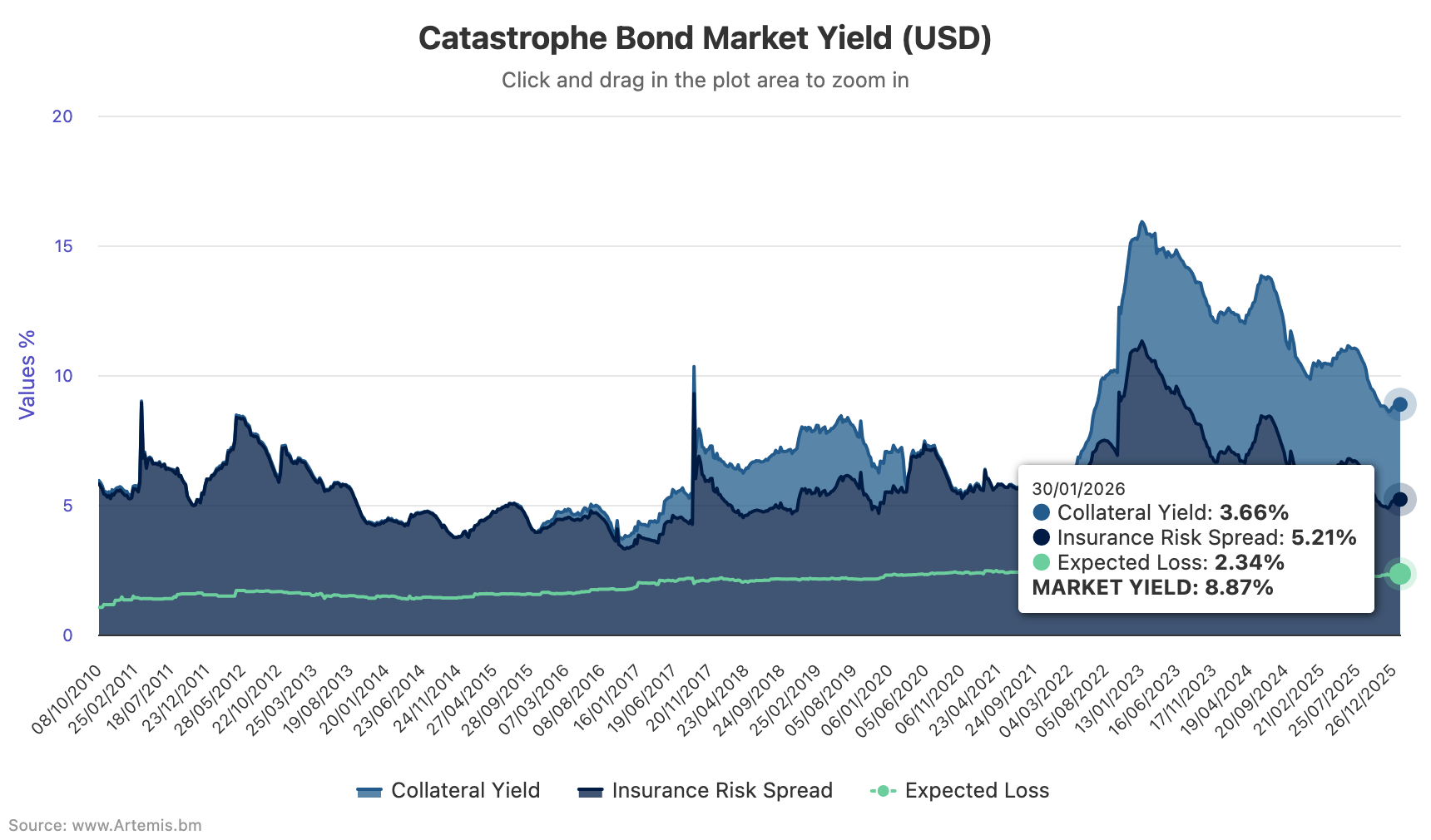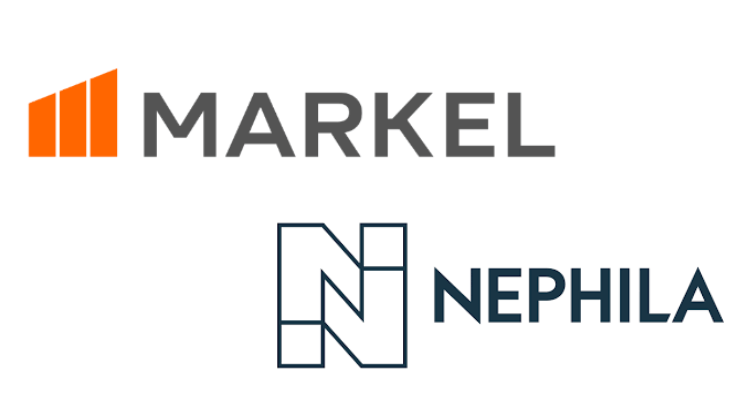
Advice offered by Marc Hebert, president of The Harbor Group Inc., a certified financial planner.If you have any questions about finance or if you’d like to suggest a future topic, email [email protected] a new car advertisement has got you thinking that now is the time to purchase a brand new car.Besides your home, this might be the most expensive item you will purchase.
Buying a vehicle can be a stressful experience, but with some homework you are much more likely to be pleased with your new automobile.What type of vehicle do you want?One decision involves deciding what kind of car you want to purchase from the many choices.Which make, model, and options you decide on should be based on a number of factors such as: Safety Affordability, both initially and over the long-term.Reliability Needs and lifestyle Preferences, such as an upgraded sound system Special considerations, such as height restrictions or towing capacity Features and technology Resale valueNew or used?The relatively trouble-free nature of driving a new car is reflected in the purchase price.
For the same money, you might be able to buy a better model that has been pre-owned.But are you buying someone else’s problem? Education and outside help is the key to purchasing a great pre-owned car.Consumer Reports and the Insurance Institute for Highway Safety are sources of information.
Make sure you shop around and do some comparative pricing.This could include getting insurance quotes on the car you want to see how much this might cost you.A test drive is also an important part of the process – it helps you to decide if you really like the car.Buy or lease?Review your transportation budget.
In addition to the car payment there will be fuel, registration, maintenance, and insurance costs.Next, you need to decide whether to buy or lease the vehicle.When you buy a vehicle you own it.
Leasing a vehicle means you give it back at the end of the lease.Whether you buy or lease depends on many factors such as: The number of miles you drive in a year The cost to buy versus lease The terms of the leaseFinance or pay cash?Most new car dealers can arrange financing, and factory sponsored no or low-interest financing promotions might be available when you decide to buy.It is a good idea to know your credit score and review your annual credit report before venturing into the dealership.
This way you have an idea of what kind of financing options you might be offered.Your local bank just might be able to beat the dealer’s offer.However, if you have the cash, deciding to get a car loan instead of paying cash should depend on factors including: Interest rates How the money is invested Other investment opportunities availableTrade in your old car or sell it privately?In a trade-in, the dealership will end up owning your current car.
You are usually given wholesale value.You might be able to estimate what your car is worth by using Kelly Blue Book.Factors like wear and tear or mileage will affect the value.
You should also research the dealership.What kind of reputation does it have? Its location and hours are important considerations.You might get more money for the car in a private sale.
Private sales have other concerns such as The time it takes to find a buyer The cost of any advertising The time it takes to handle the negotiating and transfer paperwork yourselfRebates, Incentives, and WarrantiesReview rebates and other incentives carefully.Make sure you know what you are actually getting when considering the transaction.Extended warranties need to be closely examined as well.
Make sure you are receiving a good value and secure any promises in writing.As you can see, buying a new car can be a complicated process that involves the consideration of many important factors.Advice offered by Marc Hebert, president of The Harbor Group Inc., a certified financial planner.If you have any questions about finance or if you’d like to suggest a future topic, email [email protected].
Perhaps a new car advertisement has got you thinking that now is the time to purchase a brand new car.Besides your home, this might be the most expensive item you will purchase.Buying a vehicle can be a stressful experience, but with some homework you are much more likely to be pleased with your new automobile.
Advertisement What type of vehicle do you want? One decision involves deciding what kind of car you want to purchase from the many choices.Which make, model, and options you decide on should be based on a number of factors such as: Safety Affordability, both initially and over the long-term.Reliability Needs and lifestyle Preferences, such as an upgraded sound system Special considerations, such as height restrictions or towing capacity Features and technology Resale value New or used? The relatively trouble-free nature of driving a new car is reflected in the purchase price.
For the same money, you might be able to buy a better model that has been pre-owned.But are you buying someone else’s problem? Education and outside help is the key to purchasing a great pre-owned car.Consumer Reports and the Insurance Institute for Highway Safety are sources of information.
Make sure you shop around and do some comparative pricing.This could include getting insurance quotes on the car you want to see how much this might cost you.A test drive is also an important part of the process – it helps you to decide if you really like the car.
Buy or lease? Review your transportation budget.In addition to the car payment there will be fuel, registration, maintenance, and insurance costs.Next, you need to decide whether to buy or lease the vehicle.
When you buy a vehicle you own it.Leasing a vehicle means you give it back at the end of the lease.Whether you buy or lease depends on many factors such as: The number of miles you drive in a year The cost to buy versus lease The terms of the lease Finance or pay cash? Most new car dealers can arrange financing, and factory sponsored no or low-interest financing promotions might be available when you decide to buy.
It is a good idea to know your credit score and review your annual credit report before venturing into the dealership.This way you have an idea of what kind of financing options you might be offered.Your local bank just might be able to beat the dealer’s offer.
However, if you have the cash, deciding to get a car loan instead of paying cash should depend on factors including: Interest rates How the money is invested Other investment opportunities available Trade in your old car or sell it privately? In a trade-in, the dealership will end up owning your current car.You are usually given wholesale value.You might be able to estimate what your car is worth by using Kelly Blue Book.
Factors like wear and tear or mileage will affect the value.You should also research the dealership.What kind of reputation does it have? Its location and hours are important considerations.
You might get more money for the car in a private sale.Private sales have other concerns such as The time it takes to find a buyer The cost of any advertising The time it takes to handle the negotiating and transfer paperwork yourself Rebates, Incentives, and Warranties Review rebates and other incentives carefully.Make sure you know what you are actually getting when considering the transaction.
Extended warranties need to be closely examined as well.Make sure you are receiving a good value and secure any promises in writing.As you can see, buying a new car can be a complicated process that involves the consideration of many important factors.
Publisher: E-Insurance News








